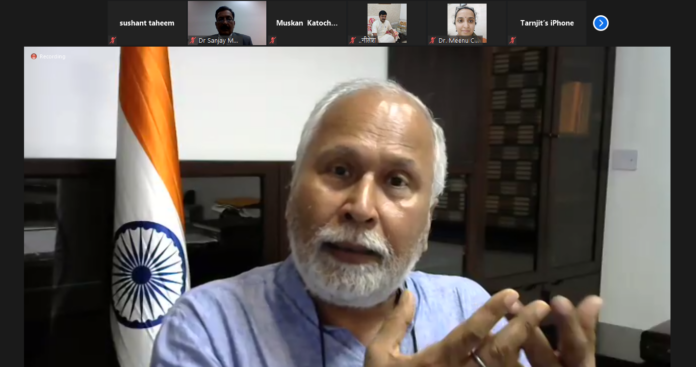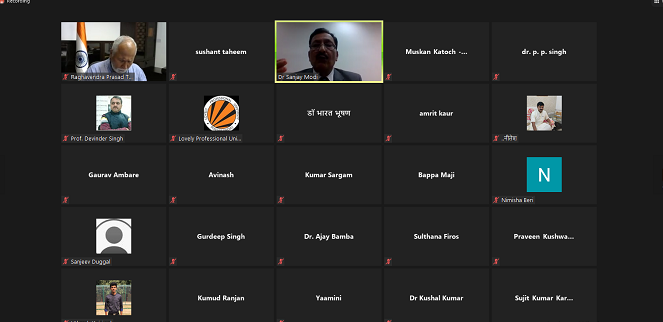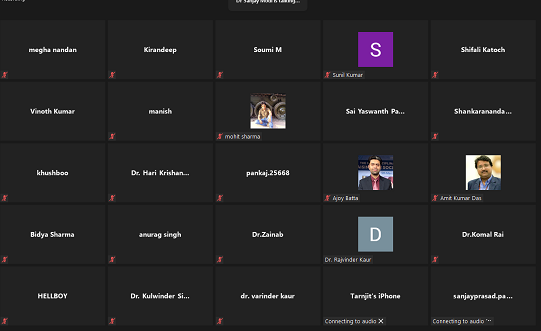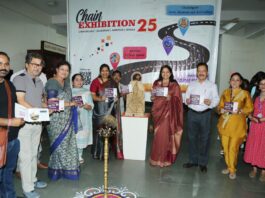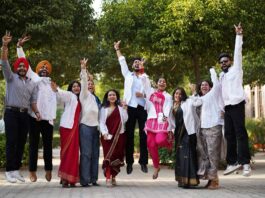The New Educational Policy (NEP) is one of the most revolutionary and ambitious initiatives taken by the Government of India in 2020 to reform the educational system in the country addressing all the major flaws, both at the school level and the higher educational level. The newly designed educational system provides maximum flexibility to students to choose the subjects they want to study irrespective of their stream, promoting more interest-based analysis, problem-solving and more practicality.
NITI Aayog along with Bharatiya Shikshan Mandal (BSM) organised a webinar on ‘Teacher’s role in National Education Policy Implementation’, where LPU collaborated for its massive impact and projection. Chief Guest of the event was Vice Chancellor, Central University of Punjab (Bathinda), Prof. R P Tiwari; and, Keynote Speaker was BSM’s National Organizing Secretary Mukul Kanitkar. Executive Dean at LPU’s Faculty of Business and Arts, Dr. Sanjay Modi presided over the event.
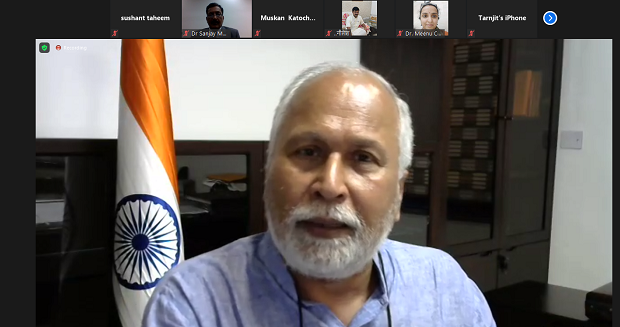
Over 2500 LPU faculty members and students from across the country and other nations participated in the Webinar virtually, where 200 of them had active participation. Many other academicians from various higher education institutes also attended the webinar. The programme was coordinated by Sayonjak BSM Punjab, Prof. Davinder Singh Thakur.
VC Prof Tiwari commenced his address by referring to the deep rooted philosophy of ‘Bharat (India)’ which strongly believes in the crucial and respectful role of the Guru. He shared that the National Education Policy has already been announced and its implementation is a major task ahead of all responsible.
The speakers discussed how the new National Educational System/Policy is better than the conventional education system:
- The NEP gives utmost importance to crucial concepts, applications in real-life situations, and improving the pedagogy, instead of focusing on completing the syllabus and centering on curriculum.
- The NEP encourages analysis and experience-based teaching rather than bookish knowledge, which defies the primary objective for teaching in the first place.
- The NEP promotes experiential and discussion-based learning, & the teachers as administrators are the key players in making the national education policy successful.
- The NEP aims to make the learning outcomes clear to students, encourage analysis, bring in problem-solving among students, and implement theoretical knowledge in practical life situations.
Continuing the session further, the speakers stressed that the teachers are at the grassroots of the policy and are the only ones who can make it a reality. Teachers should be a part of learning, unlearning, and relearning to be ever updated as per the flow of the time. They shared: the teacher’s key role is to ensure that the learning outcomes are well received by the students. And those learning outcomes have to be in terms of what a student is capable of doing, not just understanding. The teacher’s assessment of the student’s learning outcomes is very crucial and has to be objective-based rather than simply scoring marks.
Towards the end of the session, the discussion turned around to the lack of research in the country. Speakers highlighted that to date, the focus on research, including the science streams, is very diluted, which is a crucial aspect in developing analytical minds and is equally important for the nation’s overall development. Besides this, in research conducted by many institutions, it turned out that humans remember activities easily as compared to classroom teaching.
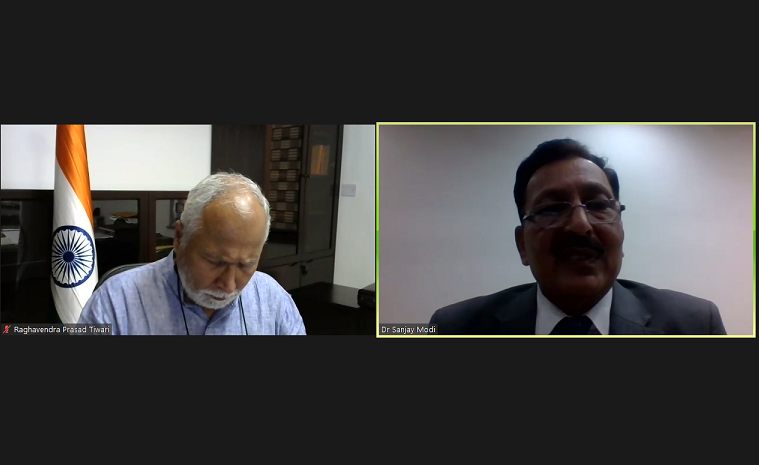
Thus, conclusively it’s clear that, as the NEP promotes active research, group discussions, outside the class learning through live projects at the post-graduate, along with undergraduate level, etc., it’s better than the old school methodologies. Appreciating the NEP 2020 and expressing gratitude towards NITI Aayog & BSM for giving a great opportunity to LPU, Dr Sanjay Modi shared that only the teachers are key persons to bring requisite changes in the education sector. And it’s the teachers’ responsibility to promote such activities and focus on the child’s holistic development.

